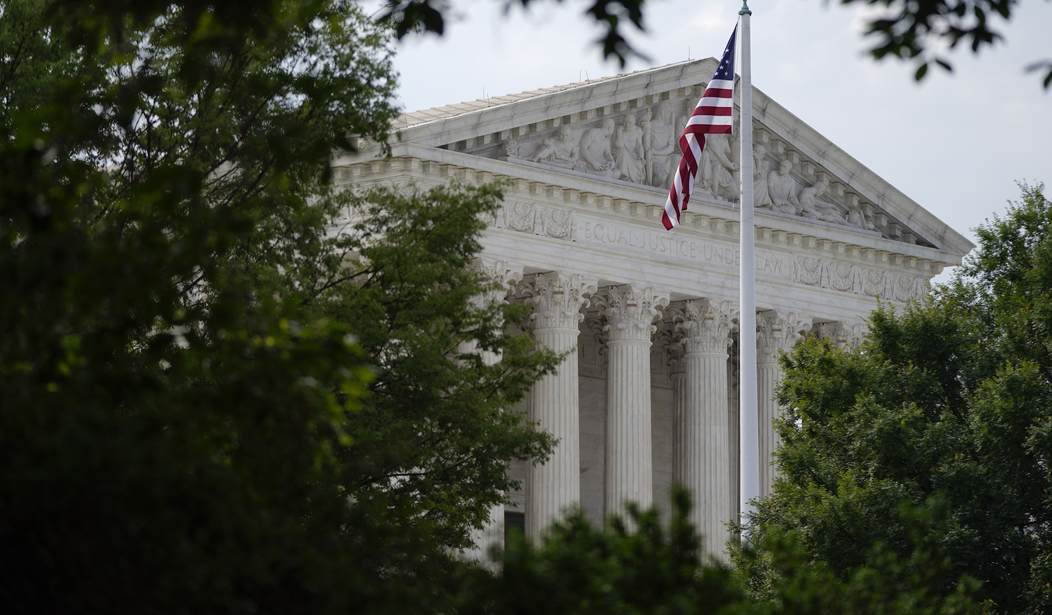In the vast tapestry of American education, certain states shine brighter, setting benchmarks that others can only aspire to reach. As we navigate the challenges and opportunities of the 21st century, it's worth pausing and reflecting on what these trailblazing states are doing right. Their success stories aren't just individual achievements; they offer a collective roadmap for the nation.
Massachusetts, often dubbed the educational powerhouse, consistently tops national assessments. But what's their secret sauce? For starters, the Massachusetts Curriculum Frameworks don't just set standards; they aim for the stars. The state believes in challenging its students and pushing them to reach their zenith. But it's not just about the students. Massachusetts knows that behind every successful student is an empowered teacher. By investing heavily in professional development, they ensure that their educators are always equipped to guide their charges. And let's not forget the little ones. Massachusetts has been a vocal advocate for early childhood education, pouring resources into pre-K programs.
When we talk about education, we cannot ignore equity, and Minnesota stands as a testament to this. The state has a clear strategy: Direct resources where they're needed the most. Schools with a higher concentration of underprivileged students aren't left in the lurch. But it's not just about funds. Minnesota celebrates its diversity, enriching its curriculum with culturally relevant content. It's a state that believes in reflecting the diverse tapestry of its student population in its lessons.
New Jersey's vision for education is holistic. It's not just about academics; it's about creating well-rounded individuals. The state's funding model is a masterclass in fairness. Whether a school is in an affluent suburb or a challenging neighborhood, New Jersey ensures it has what it needs. And while academic achievements are celebrated, the state understands that emotional well-being is equally crucial. Robust mental health programs are a staple in New Jersey schools.
Recommended
In the digital age, any discourse on education is incomplete without mentioning technology. Washington has been a frontrunner in this domain. The state's curriculum is future-ready, designed for the tech-savvy student. But what about the teachers? Washington ensures they're not left behind. Comprehensive training programs ensure that educators aren't just familiar with the latest tech but can use it to enhance their teaching.
The achievements of these states are commendable, but they're more than just success stories. They're a clarion call to other states. The message is clear: Every child, no matter where they're from, deserves the best. Emulating these trailblazers can bridge educational disparities, drive economic progress and foster a more enlightened society.
It's essential to understand that the impact of a robust education system goes beyond the confines of the classroom. States that prioritize education witness a ripple effect, touching various facets of society. For instance, there's a direct correlation between quality education and reduced crime rates. When individuals are equipped with knowledge and skills, they are more likely to find gainful employment and less likely to engage in unlawful activities. Moreover, education fosters critical thinking, creating a populace that's not just employable but also more informed, discerning, and resistant to misinformation. In an era where fake news is rampant, this cannot be understated.
In the global arena, the U.S. is not just competing with itself; it's up against countries that are heavily investing in education, understanding its long-term benefits. Nations like Finland and Singapore, with their innovative teaching methodologies and emphasis on holistic education, are setting global standards. For the U.S. to maintain its position as a global leader, it's imperative to look both inward, at states like Massachusetts and Washington, and outward, to learn from international best practices. The fusion of domestic success stories with global insights can create an education system that's not just best for America but also world-class.
In conclusion, the path has been charted. It's time for the rest of the nation to take note and embark on this journey toward educational excellence. After all, our children deserve nothing but the best.

























Join the conversation as a VIP Member